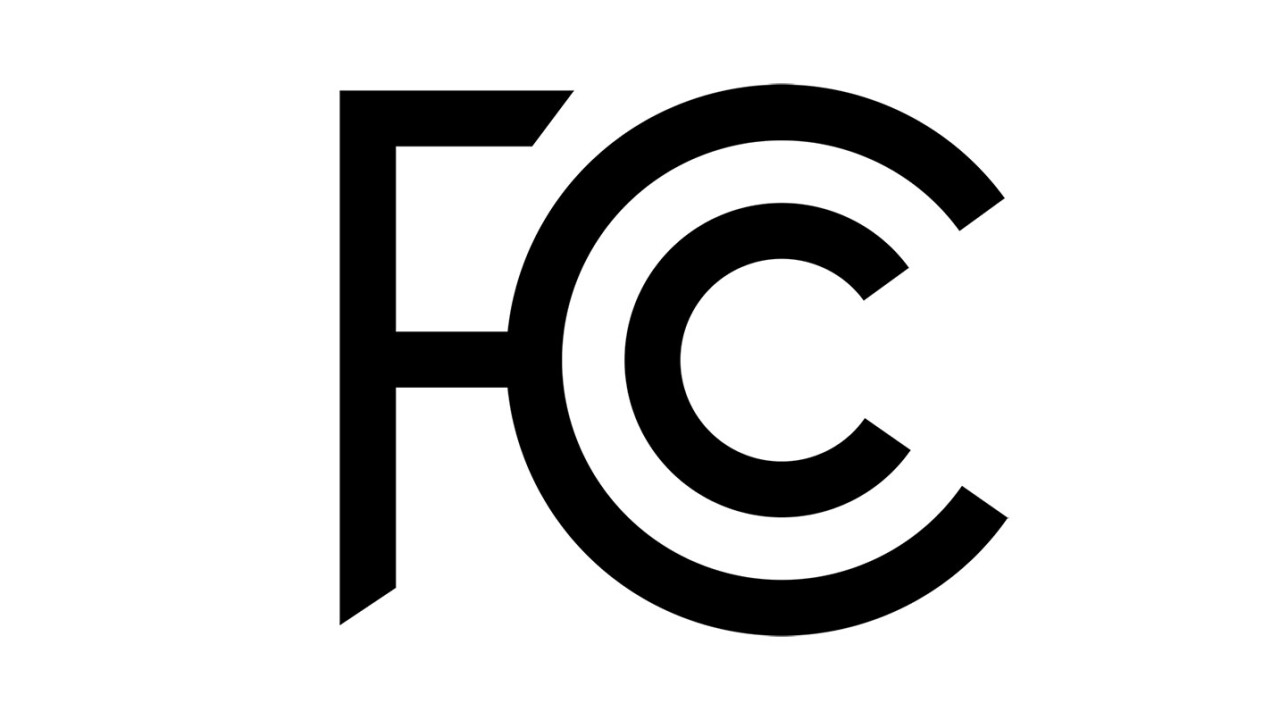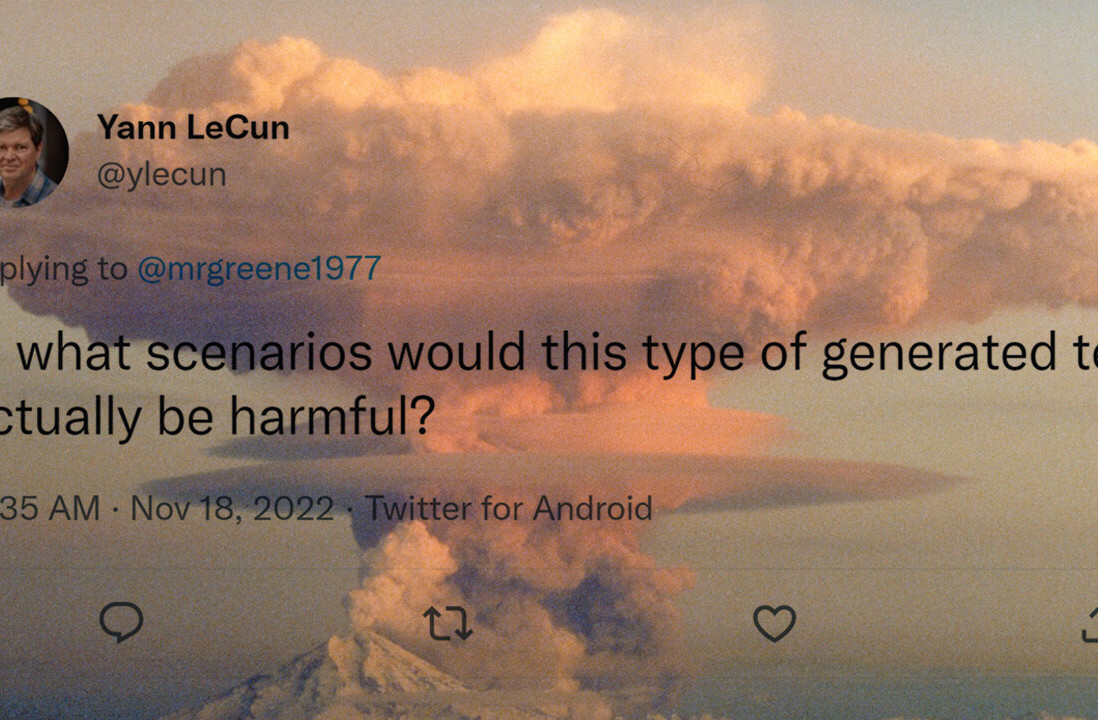
The FCC might be changing its standards for high-speed internet, but not in a way that benefits anyone who doesn’t have it. The Commission filed a notice of inquiry last month to redefine the speeds which define broadband internet — today is the last day to comment on it. If the FCC does change the definition, the speed of broadband internet will drop from 25 mbps download/5 mbps upload speeds to 10/1 respectively.
And that, as Democrat commissioner Jessica Rosenworcel pointed out on Twitter, is kinda crazy.
#FCC proposing to lower US #broadband standard from 25 to 10 Mbps. This is crazy. Lowering standards doesn't solve our broadband problems.
— Jessica Rosenworcel (@JRosenworcel) September 20, 2017
According to 2016 FCC Broadband progress report, 10 percent of all Americans don’t have access to broadband internet, with a high number of those without being in rural areas, tribal lands, and the territories. The numbers were an improvement on the 2015 report, but the 2016 report summary concluded, “More work needs to be done by the private and public sectors to expand robust broadband to all Americans in a timely way.”
So, to summarize, the FCC is aiming to fix that gap by lowering the standards of what is considered broadband internet, moving the goalposts in lieu of actually providing meaningful access to what the FCC themselves have said (and at least one federal court has ruled) is a utility, not a luxury.
Again, I’m with Commissioner Rosenworcel — that’s crazy.
FCC Chairman Ajit Pai claims, according to the Washington Post, that the definition of broadband was only upped in the first place to give the FCC something to fix. Whether that’s true or not, the update does reflect the changing internet needs of an increasingly-connected nation.
Sure, at 10mbps, you can stream Netflix … if you’re the only person in the house. But if you’re a family of three or four, and everyone’s connected to the internet and watching YouTube and Netflix in HD (which I can confirm is what the average evening in my house looks like), then 10mbps isn’t really going to cut it.
Now, that isn’t to say every person in the country would get internet of those speeds if they had access to them. But if the government removes an incentive for ISPs to offer those speeds, they’re even less likely than they are now to extend those services to the 10 percent of Americans who don’t have them. Why would anyone offer 25 mbps speeds to the rural families who don’t have them if the minimum is 10 mbps?
We’ve emailed Commissioner Rosenworcel for more information on the effects this might have on the FCC’s future. We will update this story if we get a comment.
Get the TNW newsletter
Get the most important tech news in your inbox each week.





